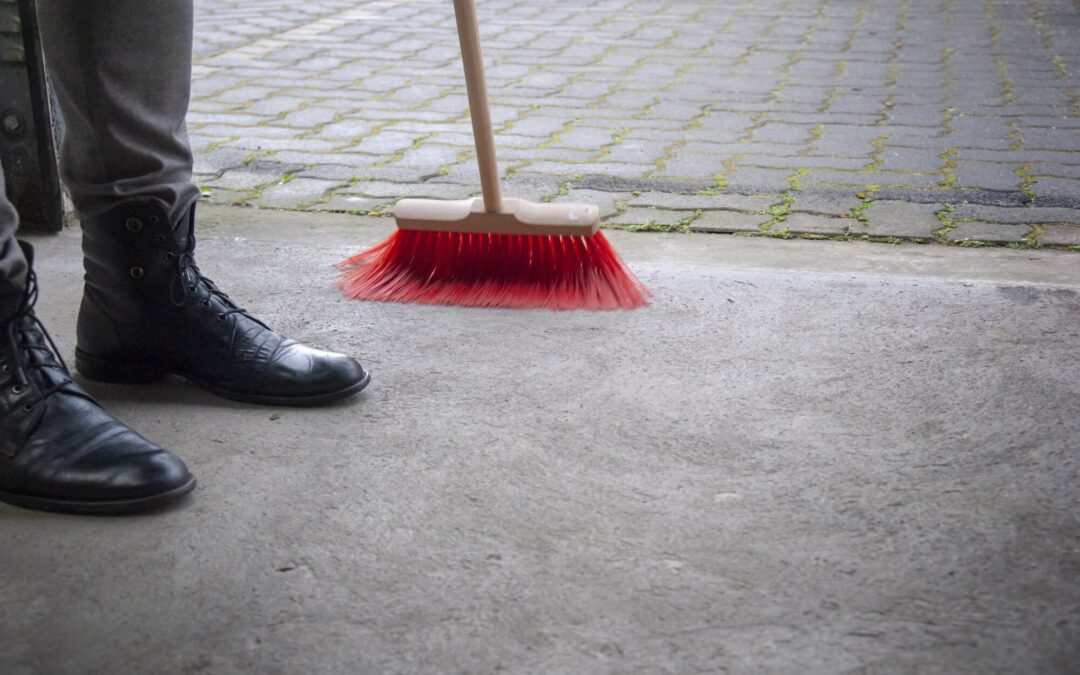Concrete is among the most stable and sturdy materials available, making it ideal for high-traffic and heavily abused areas – like your garage floor. But, it isn’t entirely impermeable.
In this article, we’ll walk you through five causes of concrete damage, to help you avoid them and keep your cement looking great for years to come.
Want to know more? Just keep reading!
1. Bad Blending
Also known as dusting, a bad blend of concrete or improper curing procedure can spell disaster for your garage floor.
Dusting results in concrete that breaks and crumbles easily, creating a ton of dust – hence the name. This type of damage can cause your concrete floor to wear away rapidly and will require rapid and professional intervention. A dusty enough floor will likely need to be resealed entirely!
2. Lack of Reinforcement
Concrete floors are reinforced with steel or rebar – this makes them stronger and less prone to cracking. It also allows them to hold more weight.
Using too little reinforcement or the wrong type can cause your floor to sack, crack, crumble. It can also leave you with unsightly and dangerous exposed metal. To avoid this issue, you’ll need to hire a professional crew to pour your concrete in the first place – as this issue is nearly impossible to correct once the cement has been poured and cured.
3. Freeze and Thaw Cycle
If you live in a region prone to extreme winter weather, your cement floor might freeze and thaw multiple times throughout the season.
Because bare concrete can soak in moisture and retain it, an unfinished floor is far more likely to crack due to harsh winter weather. Concrete coating is the solution! These industrial strength sealants lock moisture out, prevent freezing and thawing, and help your floor last longer.
4. Corrosion
Depending on the chemicals and solutions it comes in contact with, your floor could begin to corrode – especially if you haven’t had it properly sealed.
Road salt, fluid leaks from vehicles, and common household cleaners can all cause damage. And, the longer your cement is exposed, the more serious the corrosion can become. If you’re planning to use your garage for any kind of maintenance or mechanic work or vehicle storage, or if you drive on salted roads, corrosion could become a major issue later on.
5. Overloading
Concrete floors are incredibly strong, but they do have weight limits!
You can calculate your cement floor’s load-bearing ability before parking or placing heavy objects on it, just to be sure that you don’t overload it. And, if you know that you’ll be using this concrete slab to hold supersized items, you can have it properly reinforced for extra weight during the installation process.
Prevent Concrete Damage
Now that you know a bit more about these five sources of concrete damage, you might be worrying about whether or not your floor is protected. And, if you aren’t sure, it probably isn’t!
Contact our team today to learn about all the different coating systems available, and get help deciding which is right for you. You’re also welcome to call us at (937) 265-8519 – our dedicated staff of concrete experts is standing by to help.

